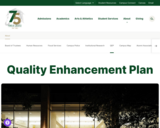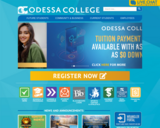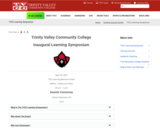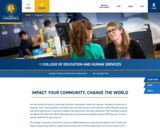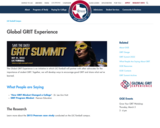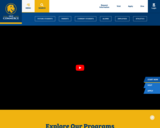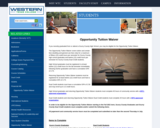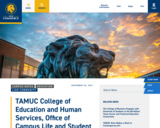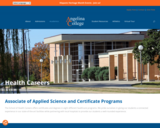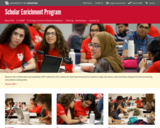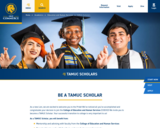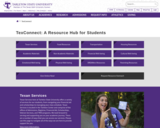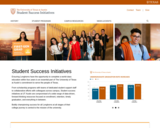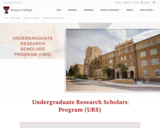FRAME2 Your Future - Focused Route of Academics to Maximize Education & Employment is Panola College's QEP, which is a five-year effort that focuses on improving student learning and student success through the Learning Framework course taken by incoming freshmen. The course introduces students to support systems that help them achieve their education and career goals in the most efficient manner.
The purpose of this course is to transform student’s academic behavior and enhance college readiness and success by acquiring study strategies based on research theory, facilitating a connection with campus resources, and giving students an opportunity to explore
various college and career pathways.
After studying all materials and resources presented in the course, the student will be able to:
• Identify and describe theories of learning, cognition, and motivation.
• Identify and describe factors that impact learning.
• Demonstrate and apply the use of various learning strategies (i.e. goal setting, time management, organizational, and note-taking strategies).
• Demonstrate critical thinking skills by identifying individual strengths and weaknesses of various skills and making recommendations for self-improvement.
• Demonstrate effective written and/or oral communication with peers, instructors, and/or campus support personnel.
• Choose a career path and program of study through research and analysis of data derived from self-assessment (interest or skill inventories, self-evaluations, etc.).
• Develop effective strategies for managing your money while you are a student through research and analysis of self-assessment data and financial literacy activities.
• Build and take an active role, to include self-advocacy, in a learning community (e.g. connect with peers, instructors, support personnel, and essential campus resources which support student success)
The purpose of this course is to transform student’s academic behavior and enhance college readiness and success by acquiring study strategies based on research theory, facilitating a connection with campus resources, and giving students an opportunity to explore
various college and career pathways.
After studying all materials and resources presented in the course, the student will be able to:
• Identify and describe theories of learning, cognition, and motivation.
• Identify and describe factors that impact learning.
• Demonstrate and apply the use of various learning strategies (i.e. goal setting, time management, organizational, and note-taking strategies).
• Demonstrate critical thinking skills by identifying individual strengths and weaknesses of various skills and making recommendations for self-improvement.
• Demonstrate effective written and/or oral communication with peers, instructors, and/or campus support personnel.
• Choose a career path and program of study through research and analysis of data derived from self-assessment (interest or skill inventories, self-evaluations, etc.).
• Develop effective strategies for managing your money while you are a student through research and analysis of self-assessment data and financial literacy activities.
• Build and take an active role, to include self-advocacy, in a learning community (e.g. connect with peers, instructors, support personnel, and essential campus resources which support student success)
DELIVERY FORMAT: The program has a hybrid format.
PROGRAM SCALE: Large-scale (reaches more than 25 percent of its intended target population)
APPROXIMATE PARTICIPANTS SERVED IN 2021-22: 459
HOW TO ENROLL: Advisors add this course to all first semester Panola College students.
EVALUATION STATUS: Data related to program outcomes are currently being internally collected
DEPARTMENT(S) OVERSEEING PROGRAM: Department of Education
CONTACT FOR MORE INFO: Rebecca Morris at rmorris@panola.edu or 9036932014

